The British gangster genre has long had a place in pop culture, known for characters that are by turns hilarious and moving. Bermondsey Tales: Fall of the Roman Empire fits neatly into this tradition with a cast of complex characters you can’t help but become invested in. We meet the Roman family, a South London crime outfit facing threats from within and without. Henry Roman in particular captures our interest—a troubled soul at the center of many competing loyalties and ambitions.
As the film introduces us to this sprawling clan, their humanity shines through despite their criminal dealings. Henry struggles with past tragedy and family demands, while his brother Jimmy navigates romance alongside a playboy reputation. Meanwhile, Charlie’s daughter Chloe seeks connection despite a difficult upbringing. Their interwoven stories keep viewers guessing in an entertaining blend of humor, pathos, and twisting plotlines.
Director Michael Head shows skill at finding the funny amid gritty drama. The cast brings these people to life with sincerity, keeping us rooting for them even when reason suggests otherwise. While some story aspects feel rushed and the action less polished, the characters’ rich depths make up for any technical flaws. Overall, the movie captures the joy and complexity of its genre, proving once more that beyond guns and heists, it’s the people that give these gangster tales their soul.
Plots, Plans, and Family Drama
Bermondsey Tales weaves a complex web of storylines involving the Roman crime family. At the center is Henry Roman, who returns after a year in hiding to make an enticing proposition to his relatives. However, he seems to have ulterior motives beyond easy money.
Tensions are already high within the family. Henry’s brother Jimmy struggles with infidelity while their uncle Charlie grapples with his daughter Chloe’s rebellious behavior. Adding to the pressure are threats from rivals and close scrutiny from the police.
We learn how these dynamics came to be through a series of flashbacks. A young Henry witnesses his father’s death, leaving him at the mercy of their uncle Mick. Now the family business passes to the next generation, led by Jimmy, but old debts and rivalries jeopardize their control.
Ishaq demands payment for past favors, upping the danger. Meanwhile, Charlie blames himself for his wife’s suicide and Chloe’s downward spiral. His fierce protectiveness of his daughter will shape later events.
Back in the present, Henry’s return only seems to throw fuel on the fire. Far from uniting the clan, his big plans expose preexisting fractures and fuel new betrayals. As tensions mount and blood boils, the possibility of reconciliation grows vanishingly slim.
Through it all, the “cozzers” close in, complicating dangerous turf wars and familial power struggles. With the Romans turning on each other, only catastrophe seems inevitable. But in this unpredictable world, don’t count anyone out just yet.
Complex Characters at the Heart of It All
Bermondsey Tales wouldn’t succeed without its captivating characters. At the core is Henry Roman, played compellingly by writer/director Michael Head. He brings a soulfulness to Henry despite his faults, keeping him endlessly fascinating.
Charlie Clapham also stands out as Henry’s scheming brother Jimmy. Charming yet untrustworthy, Jimmy navigates family ties and criminal dealings with equal cunning. Through him, we see how easily violence and good looks can mask a person’s true nature.
Perhaps the most impactful is Maisie Smith’s Chloe. Her turbulent relationship with father David Schaal, superb in his intensity, propels much of the drama. In Smith’s nuanced hands, Chloe feels dangerously real—angry, vulnerable, and all too human. Their scenes together highlight the film’s emotional gravity.
Other family members like Linda Robson also immerse us in this complex criminal clan. As matriarch, she grounds the chaos with wit, warmth, and wisdom hard-won from a lifetime of hardship.
Even peripheral figures like John Hannah’s “Postman” share fully formed depths. Through brief appearances, small acts, and just a few words, these actors make even minor roles mesmerizing.
It’s a testament to the talents involved that despite violence and shattered relationships, we still root for these characters. Because of performers like Head, Smith, and Schaal, their humanity always rises above any wrongs. In the end, that’s why we continue following their interwoven tales.
Weaving Comedy and Drama Behind the Scenes
As writer-director, Michael Head pulls double duty on Bermondsey Tales. He displays skill at blending lighter comedy with grittier dramatic scenes. Head keeps things lively by cutting between characters and timelines, letting moments breathe without dragging.
Filming on location around Bermondsey genuinely transports you to this gangland setting. Glimpses of the community feel authentic, anchored by local color. You believe you’re amidst the familiar streets these criminals rule.
Too bad the same realism doesn’t extend to violence. Head aims to shock, yet altercations appear staged. Fists fly but without ferocity. Guns discharge with all the menace of pop guns. It shreds verisimilitude in a genre demanding to see thugs threaten danger.
Technical aspects vary in quality. Clever angles showcase bustling scenes while murky shots obscure key details. Editing occasionally jumps abruptly where transitions flow better. Yet within budget constraints, crafting skills like cinematography impress overall.
Humor often saves weaker production values. The cast shines through even when the script or directing falters. But to threaten as a compelling gangland thriller, violence must convincingly carry weight next time. With polish, Head shows talent warranting a higher budget test.
A Gathering of Familiar Faces
Bermondsey Tales is lucky to have assembled such a stellar cast of experienced actors. With names like John Hannah, Frank Harper, and Alan Ford on the marquee, you know you’re in for a finely acted romp through London’s gangland.
Take John Hannah’s turn as “The Postman.” Now there’s a guy used to playing posh types, so casting him as an absurdly chipper Scottish criminal comes as a delightful surprise. With boundless energy and not a shred of subtlety, he’ll have you howling within minutes.
Frank Harper brings a confidence hard won from tough guy roles back in Lock, Stock days. Even in a small part, that innate grit lends weight to anyone he shares scenes with. You believe he can handle himself on the streets, yet find humor in humanity too.
Snap your fingers, and Alan Ford’s Bricktop rises again, gold teeth agleam. A born entertainer, whether fopping about as a bemused Bobby or taunting victims with razor wit. Every line fuels hysterics.
Then there’s Dans O’Reilly stealing his nightclub scene as only he could. With deft comic timing, the actor gives “Rabbit” oomph far removed from controversies past. Pure tour de force humor to cement a rising star.
Add Maisie Smith, shining through a challenging dramatic turn. Her character shrewdly bucks typical soap roles, elevated by gutsy emotion. Supported perfectly by veterans Schaal and Robson flexing hefty dramatic chops opposite.
With a murderer’s row of famous faces bringing their A-games, Bermondsey Tales turns what could’ve been bit parts into scene-stealing gold. Proving that with comedy this lively, any role’s a lead worth celebrating.
Weaving Humor into Grit
Bermondsey Tales finds an interesting footing between gritty drama and laughs. It picks its way along a tightrope, not unlike Guy Ritchie in Snatch or Lock, Stock. Both genres get their due in clever balance.
The humor arises from honest characters versus varnish-thin caricatures. Their crimal capers spur more chuckles than implausible antics. We relate to underdogs engaging in absurdity rather than pure farce.
When drama takes hold, an air of danger feels plausible thanks to Scorsese overtones. Debts come due, blades come out, and violence threatens beneath light banter. It grips you as firmly as Goodfellas gangland intrigue while letting comedy periodically break the tension.
Somehow the writer knows exactly where that line falls between comedy and drama without crossing over into puresterritory. Jokes punctuate intensity rather than undercut it. Laughs arise naturally from personality, not just glib punchlines alone.
Perhaps its secret lies in depicting a world where crime mixes into everyday life. Respect threads between players mean codes matter as much as the next job. Gravity anchors absurdity until the blend becomes seamless.
By finding lightness within darkness, Bermondsey Tales crafts its own niche within the genre. With heart and humor in balance, it entertains on the festival circuit of crime capers.
The Last Laugh for Fans of the Genre
Overall, Bermondsey Tales delivers plenty of comedy gold worth the price alone. This cast is a who’s who of character actors that own every scene. Seeing Harper, Ford, et al. flex their chops makes any low budget forgiveable.
The sequences that lean into laughs land with perfect timing. Hannah remains a riot as the paranoid postman. O’Reilly steals the nightclub face-off hands down. Their interplay sparks constant grins.
To be sure, some performances feel fresher than others. A few scenes seem rushed. Violence avoids grit in favor of levity too. Yet as fun homages to the genre, these flaws don’t detract much.
Writer-director Head shows real promise, shaping relationships and balancing tones. With experience, his control will only tighten scripts and crews. For a first effort, storytelling instincts prove keen.
Ultimately, Bermondsey Tales delivers entertainment above craft. It understands why we love these criminal codes and capers. Any fan will cheer its heart.
So overlook the rough edges and enjoy the criminal cunning and comedy beside pros who own these roles. For celebrating the genre with gusto, this tale earns its place amongst the classics of its kind.
The Review
Bermondsey Tales: Fall of the Roman Empire
Bermondsey Tales is a delightful comedy that knows exactly how to hit its marks. With a star-studded cast delivering one hilarious scene after another, any fan of the genre will find much to laugh about. While not without its flaws, writer-director Michael Head shows great promise in balancing tones and crafting memorable characters. All in all, it proves a very entertaining entry to the gangster canon.
PROS
- Fantastic cast who own their roles
- Consistent comedic moments and timing of jokes
- Understanding of criminal codes and capers appeals to fans
- Heartfelt dramatic scenes among humor
- Promising direction from writer-director in debut feature
CONS
- Uneven performances from some newcomers
- Occasional pacing/editing issues
- Violence avoids grittiness for laughs
- Some subplots feel loosely connected.
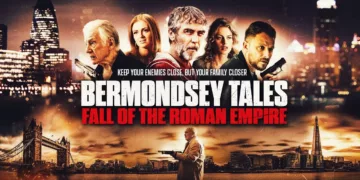








































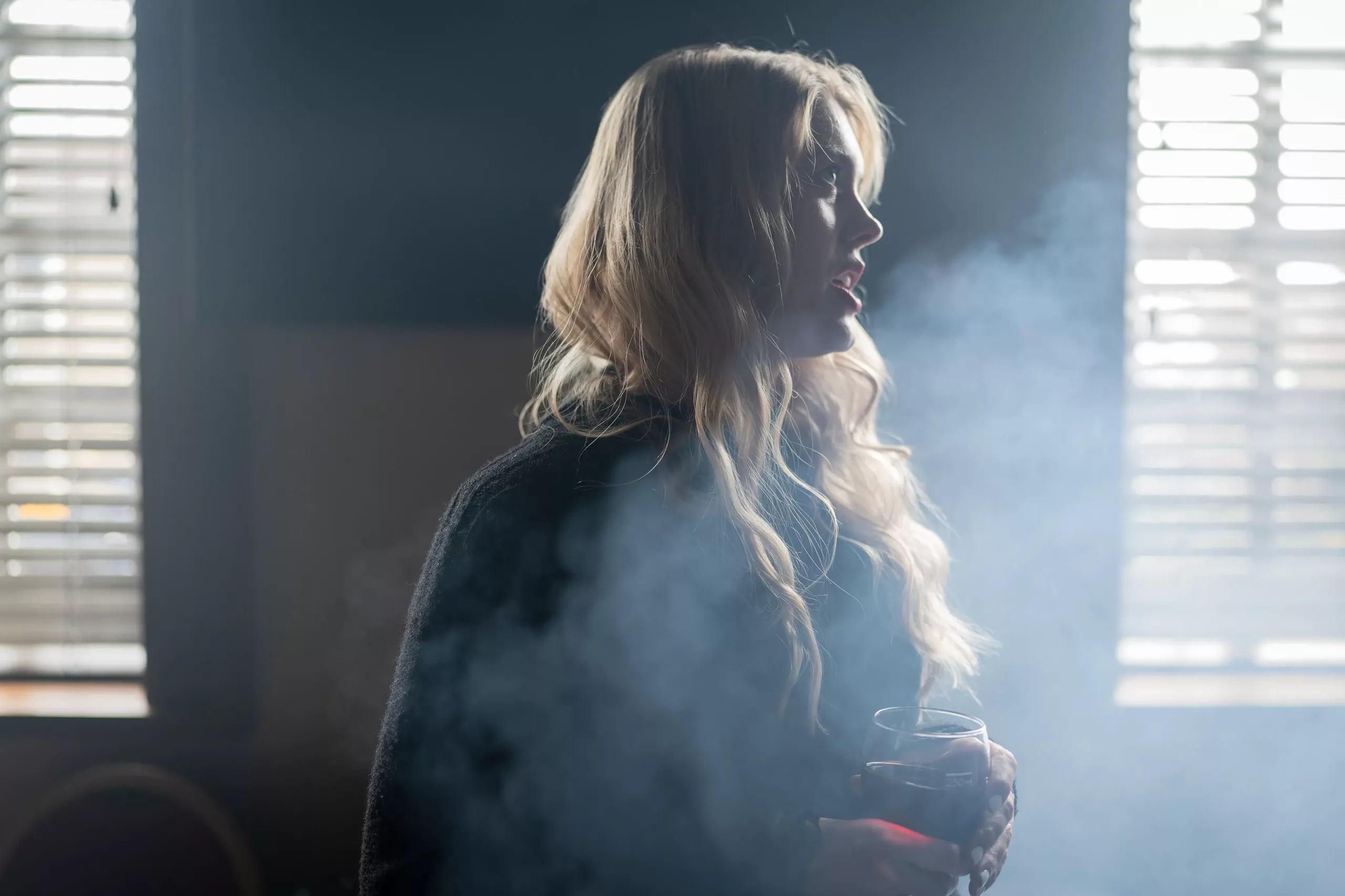
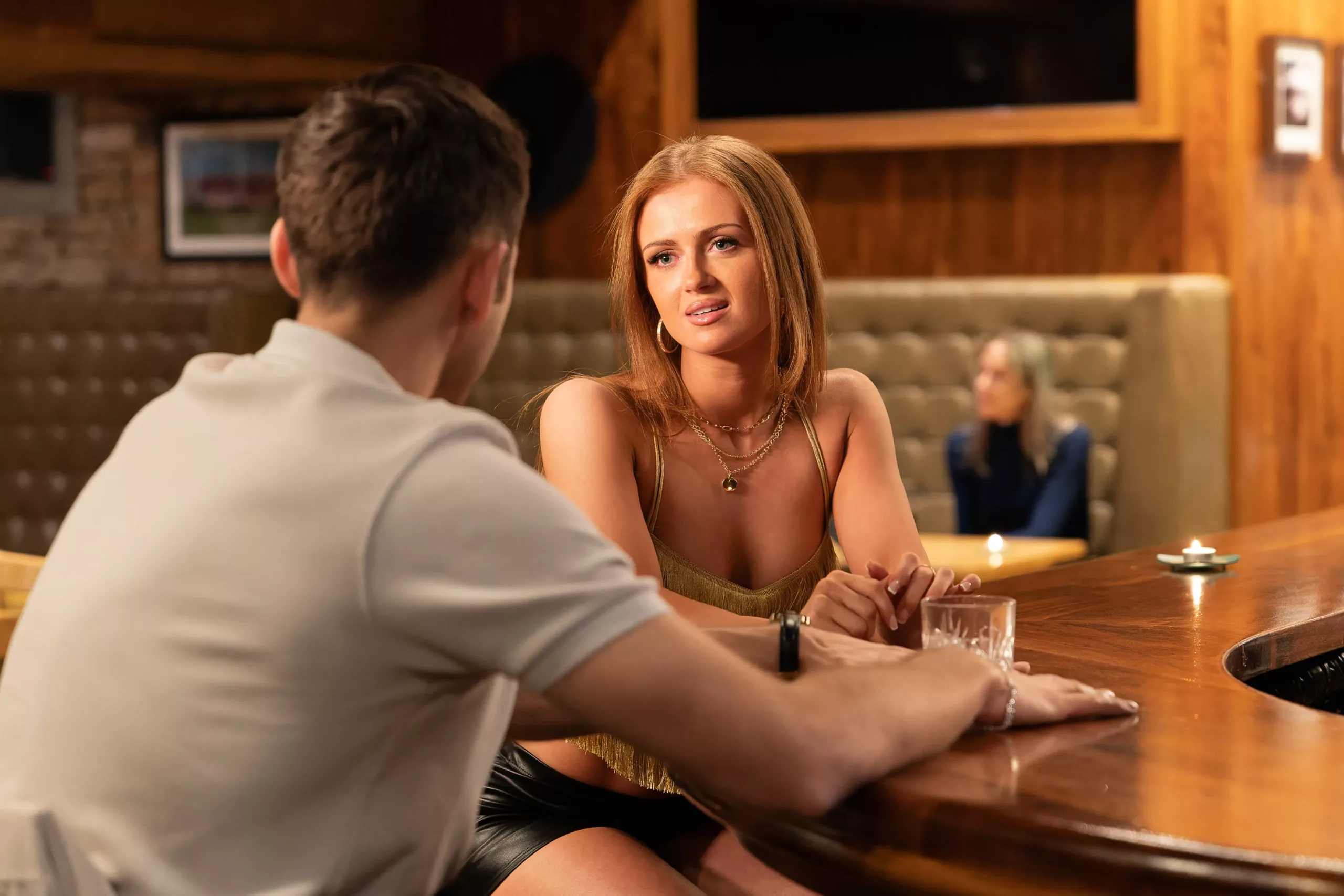
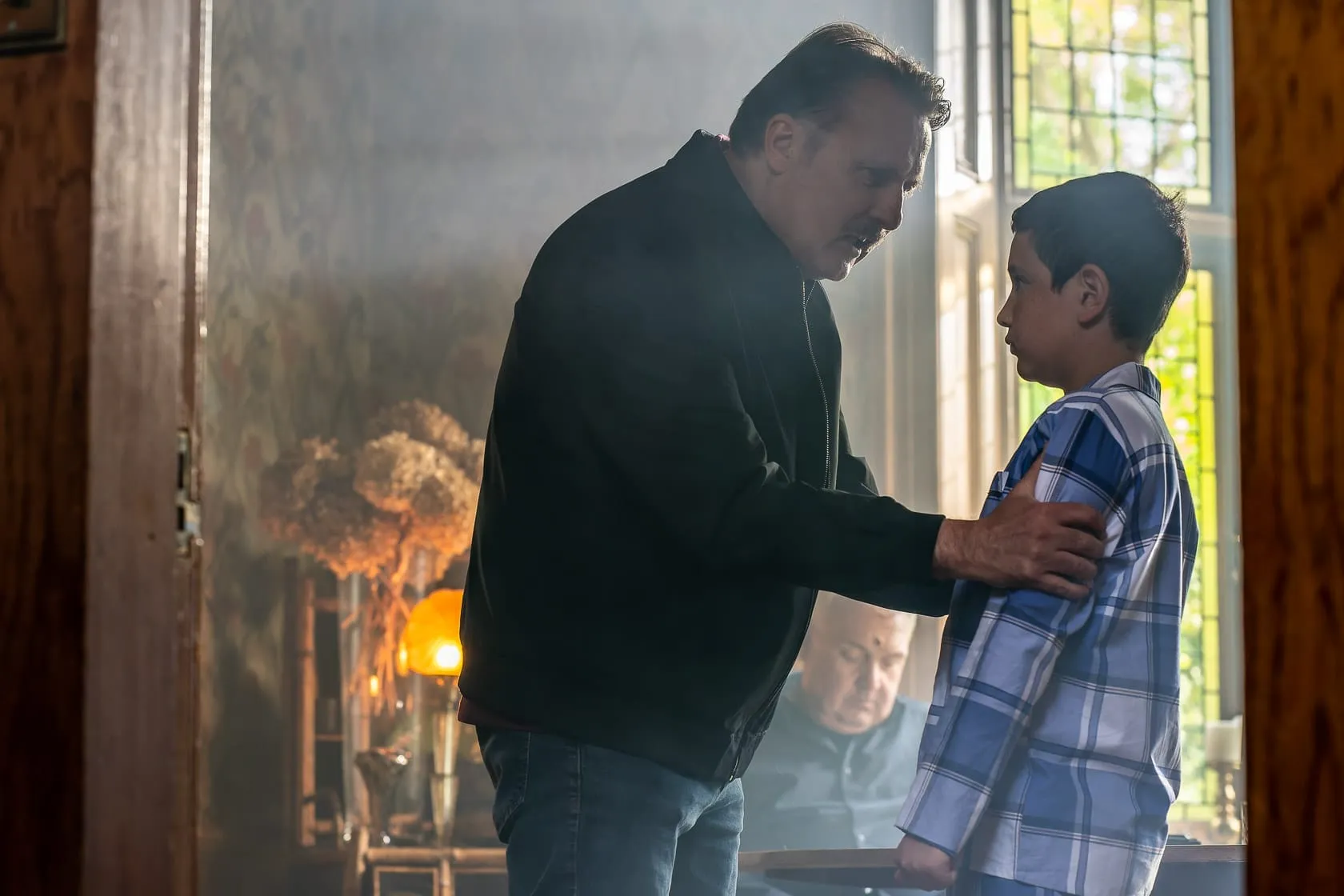
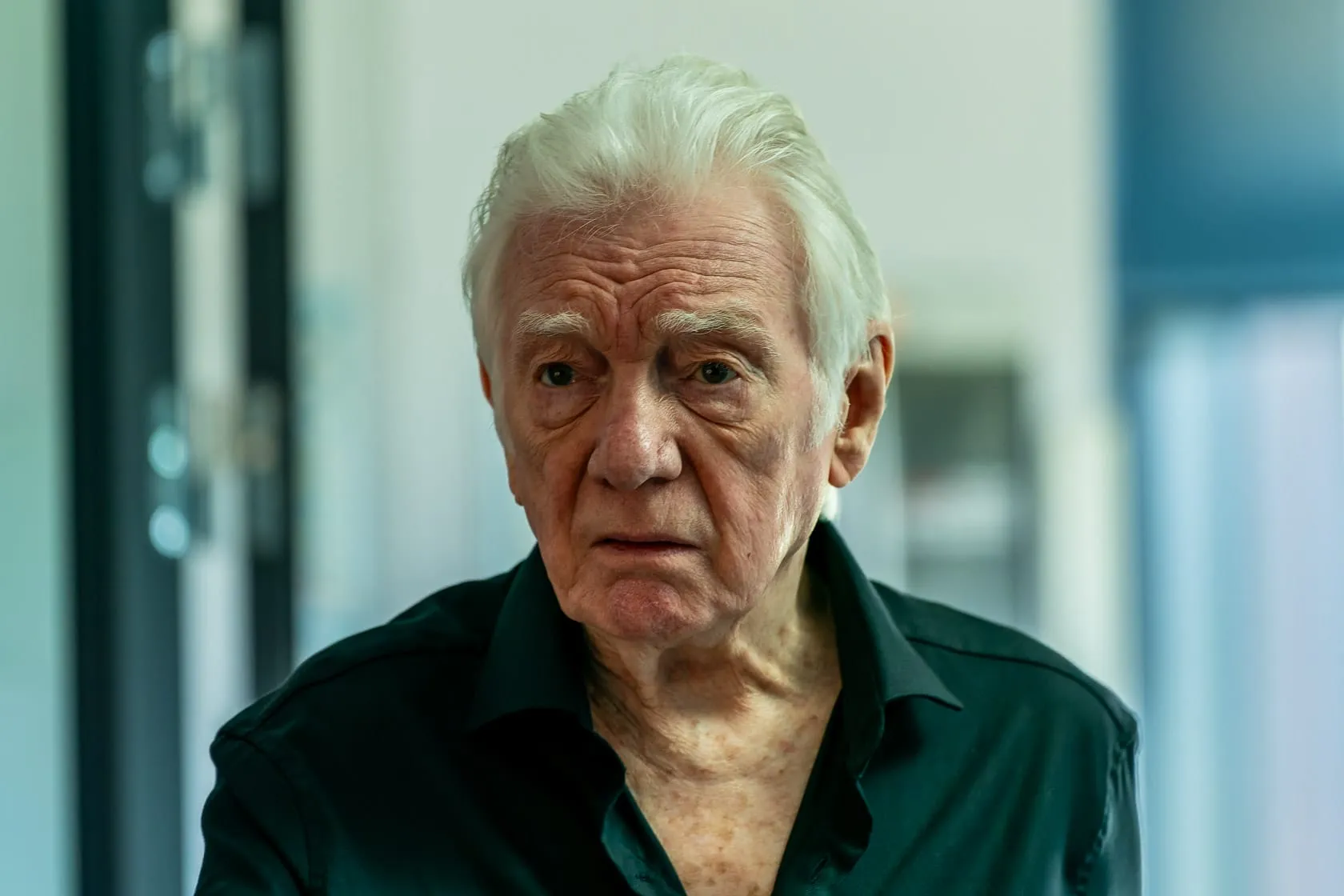
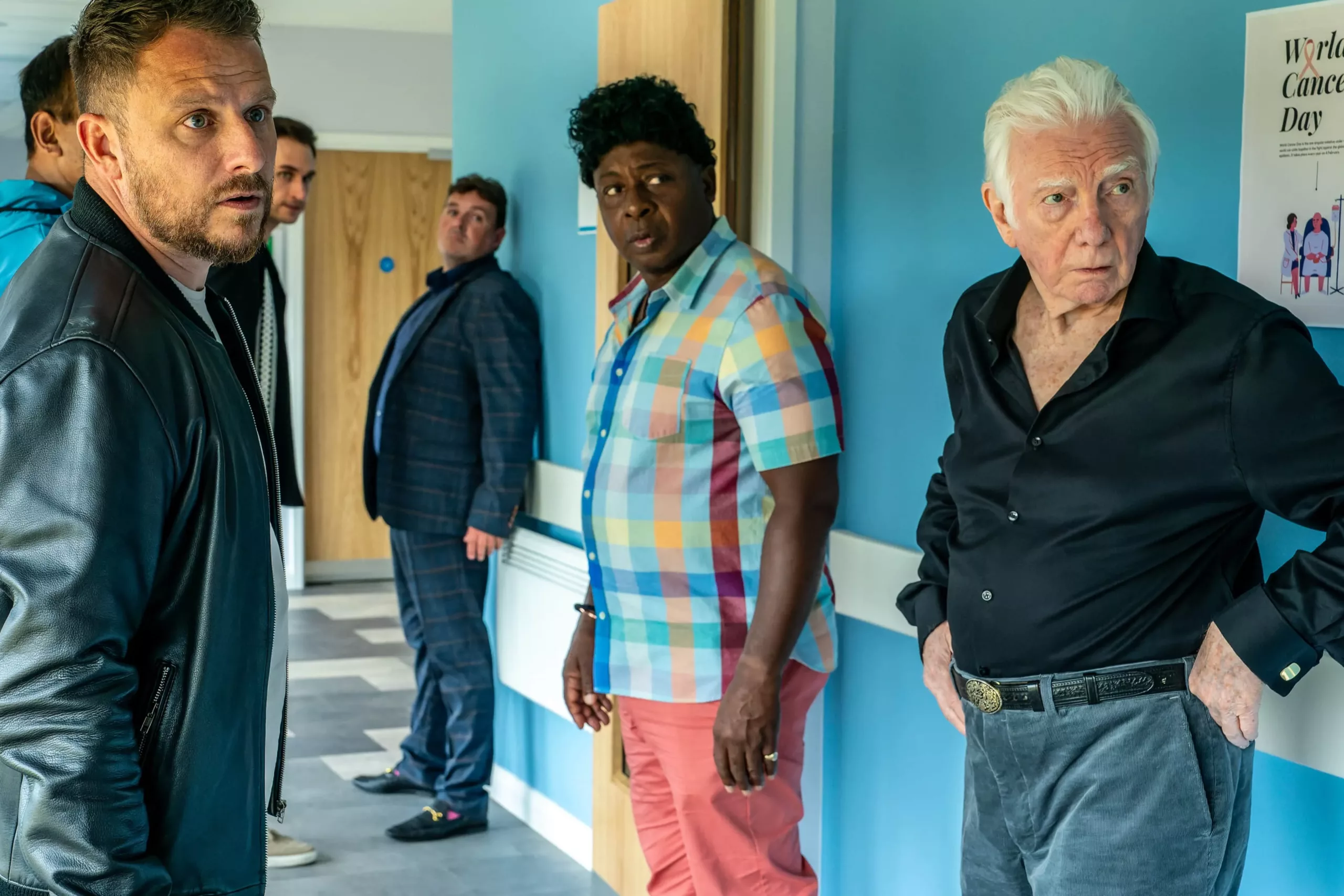








Discussion about this post